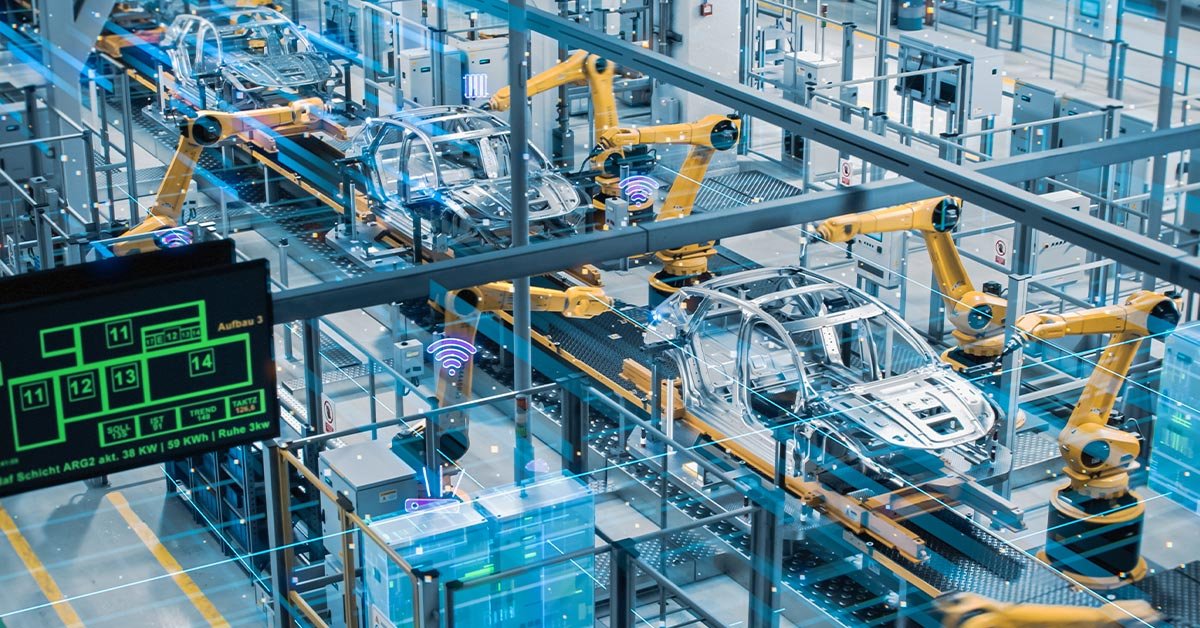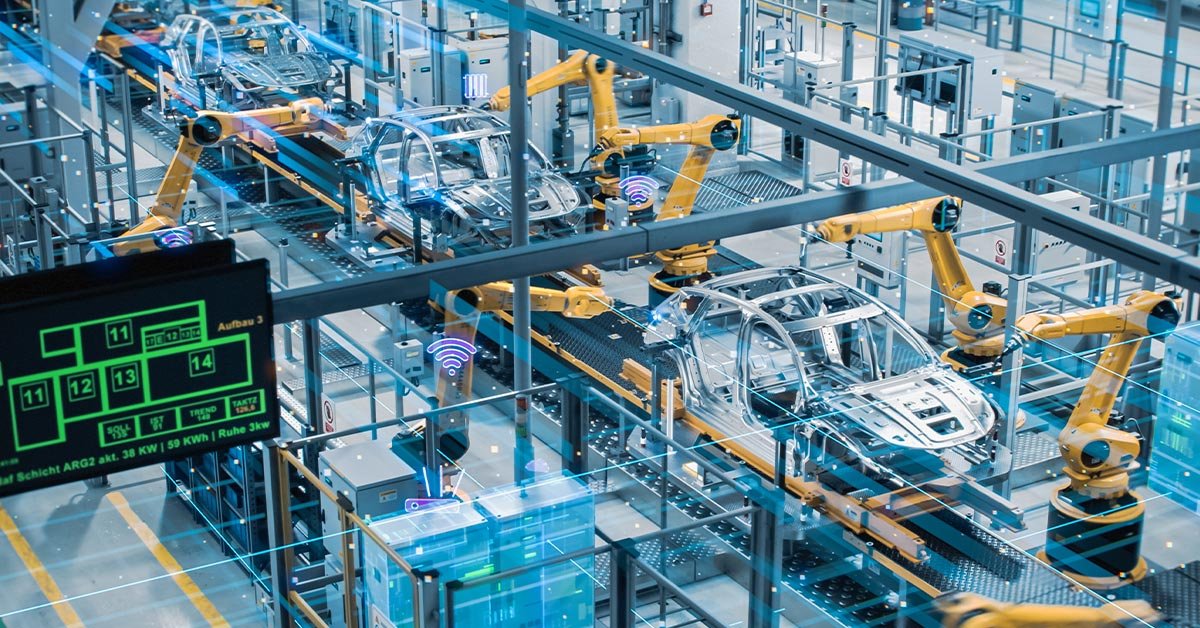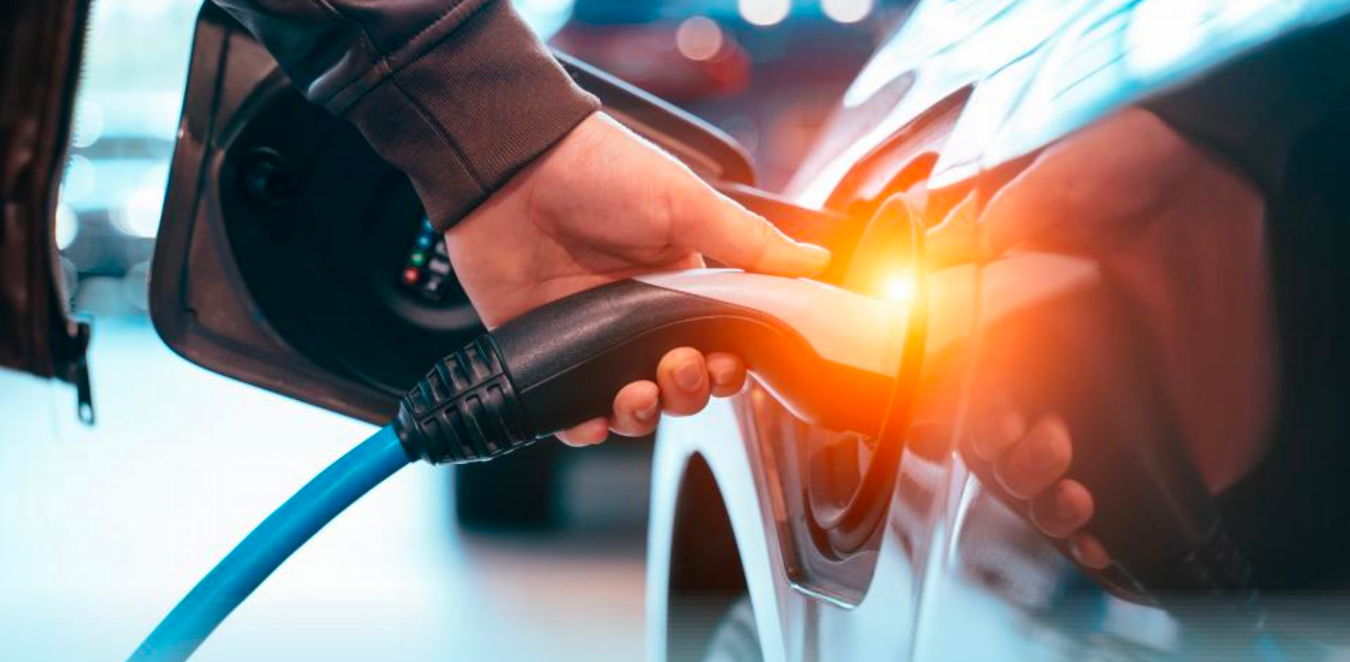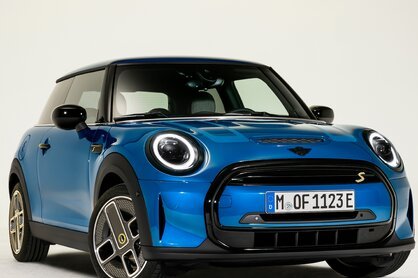In recent years, artificial intelligence (AI) has become a transformative force across various industries, and the automotive sector is no exception. AI has revolutionized car manufacturing in ways that improve efficiency, enhance safety, and drive innovation. Let’s explore how AI is shaping modern car manufacturing.
1. Automation in Production Lines
One of the most noticeable impacts of AI in car manufacturing is automation. Robotics and AI-powered systems are used extensively in production lines to automate repetitive tasks, such as welding, painting, and assembly. These robots are not only more accurate than human workers but also increase production speed and consistency.
AI-driven machines can learn from the data generated during manufacturing processes, making them adaptable and capable of identifying inefficiencies or defects. For instance, AI systems can predict when a machine is likely to fail, allowing for preemptive maintenance that minimizes downtime and maximizes productivity.
2. Enhancing Vehicle Design and Prototyping
AI is also making a significant impact in the design and prototyping phase of car manufacturing. Advanced algorithms enable designers and engineers to experiment with countless design options, quickly simulating how various materials and shapes will perform under different conditions.
AI tools can analyze vast amounts of data related to crash safety, aerodynamics, and fuel efficiency, helping engineers optimize vehicle designs for safety and performance. Furthermore, AI accelerates the prototyping process by generating digital models, which can be tested virtually before physical prototypes are made, reducing costs and time.
3. AI-Powered Quality Control
Quality control is an essential aspect of car manufacturing, and AI plays a critical role in ensuring that every vehicle meets stringent quality standards. AI systems can monitor production lines in real time, detecting defects or inconsistencies that might go unnoticed by the human eye.
Using advanced computer vision and machine learning, AI can inspect parts for defects, analyze the final assembly, and identify areas that need adjustment. This results in a higher-quality product, fewer recalls, and increased customer satisfaction.
4. Predictive Maintenance
Predictive maintenance is one of the most significant benefits of AI in modern manufacturing. AI systems can collect and analyze data from machines and equipment throughout the production process to predict when maintenance is required. By identifying potential issues early on, AI helps prevent costly breakdowns and delays in the manufacturing timeline.
For example, AI can analyze data from sensors embedded in machines and determine patterns of wear and tear. If a machine is likely to malfunction soon, the system can alert workers to schedule repairs before the issue disrupts the production flow.

5. Supply Chain Optimization
AI has a profound effect on optimizing the supply chain in car manufacturing. It can analyze large amounts of data to forecast demand, plan production schedules, and ensure that the right parts are available at the right time. This reduces excess inventory and minimizes delays due to supply shortages or transportation issues.
AI algorithms can also evaluate risks, such as geopolitical instability or disruptions in the supply chain, and help manufacturers develop contingency plans to keep production on track. This level of precision and foresight leads to cost savings and smoother operations.
6. Autonomous Vehicle Development
AI is not only transforming traditional car manufacturing but also paving the way for the next generation of autonomous vehicles. By using deep learning, sensor fusion, and computer vision, AI enables vehicles to understand and respond to their environment in real time. This technology is a core component of self-driving cars, which are rapidly becoming a reality.
In the manufacturing process, AI helps in the integration of autonomous driving systems into vehicles. Car manufacturers use AI to test and improve the performance of these systems, ensuring that they are safe, reliable, and capable of navigating complex driving scenarios.
7. Sustainability and Energy Efficiency
AI is helping car manufacturers create more sustainable production processes by optimizing energy usage and reducing waste. AI algorithms can monitor energy consumption across various stages of manufacturing, identifying opportunities for energy savings. For instance, AI can control the temperature in paint booths or adjust the speed of assembly lines to reduce energy waste.
Furthermore, AI helps in the development of more fuel-efficient vehicles by simulating and optimizing engine performance. It also plays a role in creating more sustainable materials and components for vehicles, supporting the industry’s efforts to reduce its carbon footprint.
Conclusion
AI’s impact on modern car manufacturing is undeniable. From enhancing production efficiency to improving quality control, AI is driving significant advancements in the industry. As car manufacturers continue to embrace AI technologies, we can expect even greater innovations in vehicle design, safety, and autonomous driving in the years to come. The future of car manufacturing is undoubtedly shaped by the intelligent systems that continue to redefine how cars are made and how they perform on the road.










